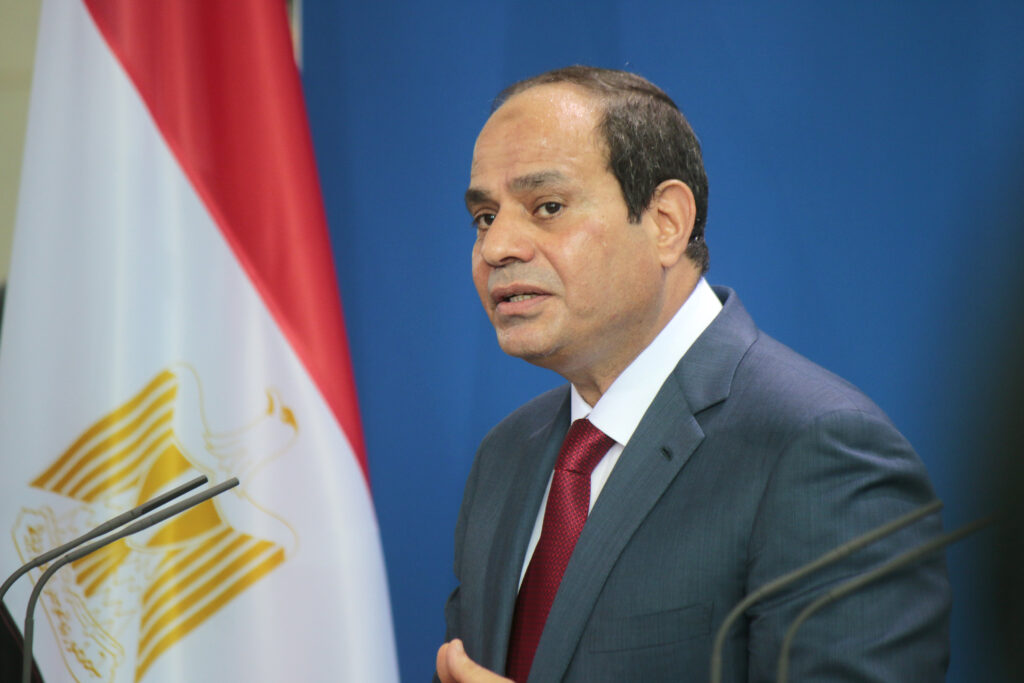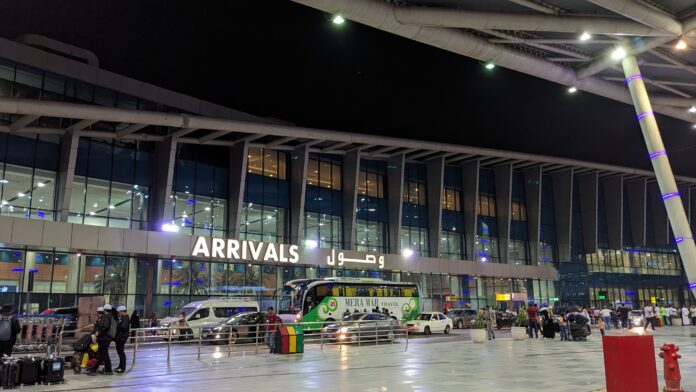The Egyptian government has decided to deny entry to almost all Syrian nationals, reflecting the uneasy relationship between the Egyptian regime and the new leaders of Syria.
This decision, implemented at the beginning of 2025, is being seen as a response to the fall of Bashar Al Assad in Syria, who President Sisi supported, and an attempt to “manage potential security risks” associated with an influx of displaced persons from a country in political transition.
The new regulations stipulate that Syrians, regardless of where they are coming from, are not allowed entry into Egypt unless they possess valid temporary residency permits for purposes other than tourism.
Even Syrians married to Egyptians must undergo security checks to visit their spouses.
The policy has been communicated through various channels, including directives to travel and airline companies to prevent Syrian passengers from boarding flights to Egypt unless they meet these new criteria.
From Egypt’s perspective, the ban is being framed around security concerns. The government argues that the influx of people from a politically unstable region could pose risks, especially with the changes in Syrian leadership.
But human rights organisations and advocacy groups have raised alarms about the humanitarian impact, fearing that this could push many Syrians into more precarious situations or towards illegal migration routes.
Subscribe to our newsletter and stay updated on the latest news and updates from around the Muslim world!
Egypt has historically benefited from the one million strong Syrian diaspora, with many contributing to the local economy through businesses and jobs. The ban could also have a reverse effect, potentially affecting sectors where Syrian entrepreneurs and workers play significant roles.
Egypt has had a nuanced approach to the Syrian crisis, initially supporting the former Syrian regime against “Islamist” factions and later showing concern over the rise of such groups.

Editorial credit: 360b / Shutterstock.com
After the ousting of Mohamed Morsi in 2013, Egypt under Sisi began to realign its foreign policy. Initially, there was a shift towards supporting Assad’s regime, contrasting with Morsi’s stance, which was more aligned with the Syrian opposition.
This shift was partly due to shared enemies like the Muslim Brotherhood and ISIS, and a common opposition to Turkey’s policies under President Erdoğan, who supported Syrian rebels.
By 2014, Egypt had partially restored diplomatic relations with Syria, with Sisi publicly supporting the Syrian Army in its fight against militant groups. This was a significant move, as Egypt had cut diplomatic ties with Syria in 2013 under Morsi.
Egypt’s stance became more pronounced with Sisi openly backing Assad for the sake of stability in the region. This was evident during the Syrian Civil War, where Egypt, despite officially denying military involvement, was reported to have provided indirect support or at least vocal backing for Assad’s regime.
The unexpected fall of Assad’s regime in late 2024 has introduced a new dynamic. Egypt, under Sisi, has reacted with caution. President Sisi has not directly commented on Assad’s ousting but has warned of potential threats to Egypt, suggesting concerns about regional instability and the potential spread of Islamist movements, which have been a significant worry for his administration.
After Assad’s fall, there were reports of Egypt increasing security measures, including arrests of Syrians celebrating the event, indicating a focus on maintaining internal stability and preventing any spillover effects from Syria’s political upheaval.
With the new Syrian government, Egypt’s stance seems to be one of cautious engagement. There’s a noted reluctance to fully embrace the new regime due to security concerns, especially with figures in the new Syrian administration that might be at odds with Egyptian interests.
Egypt has not sent official delegations to meet the new Syrian leadership.























